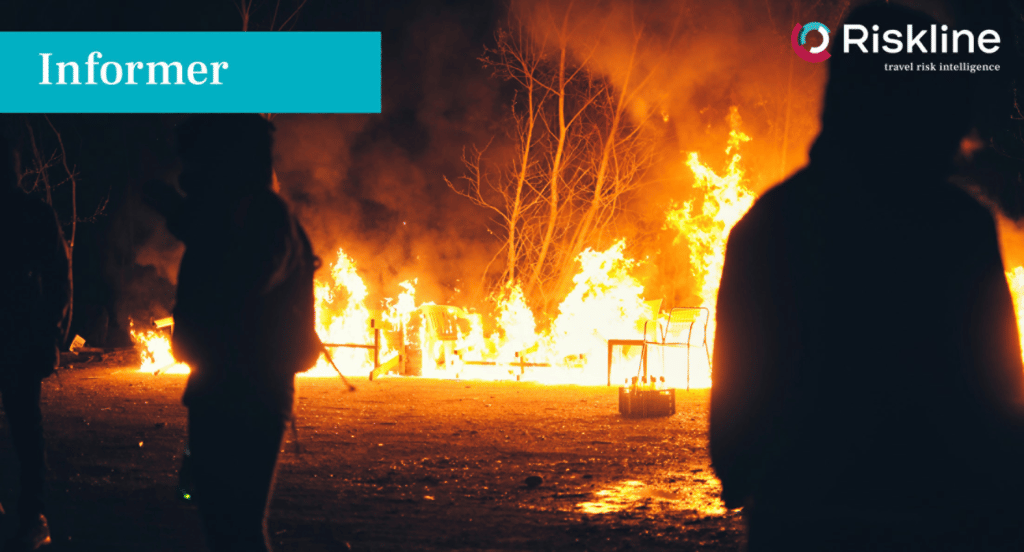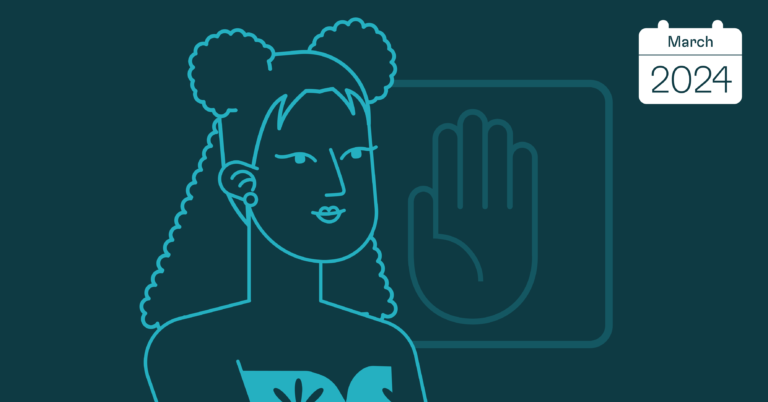By Paul Mutter
Introduction
On 2 January 2022, protests erupted in the city of Zhanaozen, initially over a long-planned fuel price hike that took effect the day before. The city has frequently been the site of industrial action and demonstrations, the largest of which, in 2011, was brutally suppressed.
The price of petrol had doubled in the middle of winter with the COVID-19 pandemic still ongoing. This proved to be the catalyst that energized years of resentment over the shadow administration of the country by former president Nursultan Nazarbayev into mass protests. Demonstrations soon spread to other western oil towns, including Aktau, Atyrau and Aktobe, before the centre of gravity shifted to Almaty.
In Almaty, the country’s largest city, thousands of residents poured out on Republic Square and other public plazas. Demonstrators soon turned their anger on symbols of the establishment, targeting state media and ruling party offices and even occupying the airport and presidential residence. Across urban areas, public transport, petrol stations, internet and banking services effectively shut down and a nationwide curfew was imposed from 5 January.
Despite the curfew, riot police seemingly melted away overnight on 5-6 January in many urban areas. In the absence of law enforcement, which claimed to have suffered heavy casualties at the hands of protesters, looters armed with stolen security gear proceeded to target dozens of banks and shops in Almaty. Violent unrest erupted in other cities as well, including Taldykorgan, Pavlodar, Oskemen, Oral, Kyzylorda, Taraz and Shymkent. These looters carried stolen police gear; some have since been identified as members of criminal gangs. While protesters denied involvement in the crime spree and attempted to chase off the looters, the government declared that the looters were “terrorists” and deployed paratroopers to secure Almaty.
The crackdown that followed, first against the looters and then against the protesters who continued to hold Almaty’s Republic Square, resulted in dozens of fatalities and thousands more arrests and injuries. Opposition activists believe that the outbreak of looting was enabled, if not outright organised, by the security forces to discredit the popular movement. Despite these setbacks, the protests remain ongoing and public services are at a standstill.
Infighting and Military Intervention
The violent response over the looting of Almaty surpasses all other recent unrest, such as the 2019 election protests. But even prior to the looting, once reports of police and workers joining the demonstrators mounted, the government’s response became increasingly militant. President Kassym-Jomart Tokayev pushed out former president Nursultan Nazarbayev from the Security Council of Kazakhstan and appointed new leadership to run the National Security Committee (KNB), the country’s main intelligence agency.
Nazarbayev, who ruled the country for 29 years before elevating his protegee Tokayev to the presidency in 2019, used his position on the Security Council to continue influencing the government behind the scenes. His removal does not signal a change in the system, which the protesters deride as a government of and for “the old men,” but a change in the driver’s seat.
Rumours abound that President Tokayev will use the unrest to strip the Nazarbayev family of political prominence and wealth to elevate his own allies and relatives instead. At present, no one has stood up to oppose him in this course. The organised opposition is small, no high-ranking ruling Nur Otan party officials have switched sides and the protesters themselves lack leadership. As further insurance against any challenges, though, President Tokayev has taken unprecedented action to buttress his position at home.
On 5 January, President Tokayev invited the member states of the Collective Security Treaty Organization (CSTO), a military alliance of Armenia, Belarus, Kazakhstan, Kyrgyzstan, Russia and Tajikistan, to deploy their soldiers to fight “foreign bandits.” This is the first time in its history that the CTSO has intervened in a domestic uprising among its members; it did not intervene in recent popular uprisings in Kyrgyzstan and Armenia. President Tokayev’s unproven claim that the riots are backed by foreign actors, however, provides the legal gloss for this intervention.
The CSTO deployment is nominally limited to approximately 4,000 soldiers, 75% of them Russian. It is meant to discourage protest sympathizers in the security services from acting out and to signal to rival officials that the president has the full support of Russia as he reshuffles the Kazakh government. Inviting foreign troops into the country risks upsetting nationalist sentiment, however, particularly after public comments by some Russian officials that Kazakhstan should adjust its foreign and domestic policies more to Moscow’s liking, as northern Kazakhstan has a large ethnic Russian population with many demands regarding their special minority status.
If President Tokayev does not prove amenable to Russian demands, others will pitch themselves to the Russian government as more reliable partners. Including the oligarchs who made their fortunes under Nazarbayev and now feel threatened by President Tokayev’s power grab, particularly after Karim Masimov’s sudden arrest. The former head of the KNB, Masimov was detained on charges of “treason” less than 24 hours after President Tokayev dismissed him; further arrests of other officials have since taken place. These are likely the first moves in a purge of the security services of longtime Nazarbayev loyalists. Such moves will not go uncontested, though, as these loyalists still control most government agencies and the pillars of the economy.
In the immediate term, President Tokayev has a free hand to suppress the protests with deadly force and pack the security services with his supporters. In the long term, however, he has diluted Kazakhstan’s hard-won post-Soviet sovereignty and may find that the “peacekeepers” are a double-edged sword. If his actions to consolidate power further destabilise Kazakhstan, the CSTO, Russia in particular, will begin to question if he is indeed the right man for the job.
Summary
The Kazakh government’s decision to invite foreign troops to suppress protests has temporarily quelled the demonstrations with heavy loss of life. But in compromising its national sovereignty, the Kazakh government may find its allies to be an unwelcome presence going forward by encouraging factionalism and dictating terms of foreign and domestic policymaking.
Paul Mutter is a US-based political and security risk analyst















